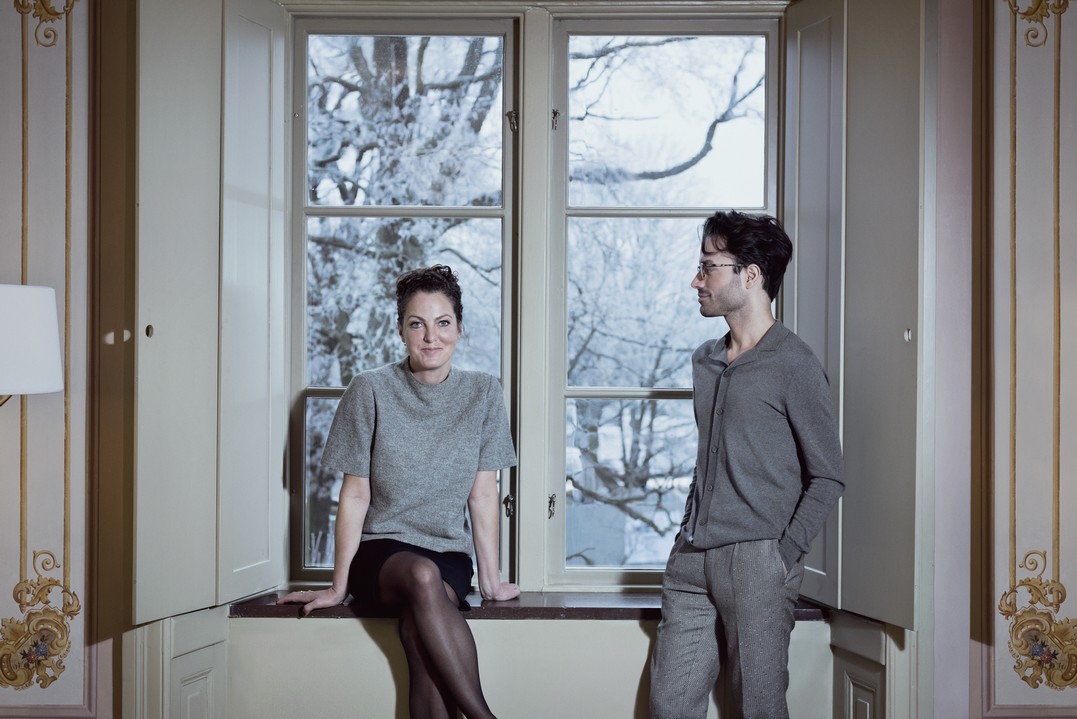Travel, explore, make friends and even find a date – Swedish-made travel application Gayze makes navigating Southeast Asian cities like Singapore, Kuala Lumpur and Jakarta safe and fun for LGBTQ globetrotters.

Traveling abroad and being openly gay can be far from safe. With different laws, cultures and norms, gays risks persecution and worse. Two Swedish friends, Elin Wibell and Stelios Vasilantonakis, wanted to minimize the danger and developed Gayze – an app combining safety and travel advises, social network and dating for gays.
While Vasilantonakis is located in Stockholm, Wibell is based in Kuala Lumpur – and before that Singapore – where she lives with her husband. Over a Skype conversation they explain what makes the app so special:
“What’s unique about Gayze is that it is a travel app, but there is also a possibility of dating, finding friends, and learning about the LGBT situation in the region, and the safety and local advises on how to behave. So, it is pretty broad,” Wibell says.
Stelios Vasilantonakis, who is working as an artist, came up with the idea for this app two and half years ago, as he saw the need for it in the insecure state of gay rights in many countries.
Elin Wibell who has a background in corporate social responsibility helped realise the idea as she too saw the potential. Living in Southeast Asia she has the insights and experience in the Southeast Asian culture.
“For me being here is a perfect opportunity to meet a lot of gay people who can give me advices and potentially be local editors – It is very valuable to get to know the region to understand which markets are the most interesting,” Wibell explains.
Local editors
Wibell and Vasilantonakis are not building the app in any haste. They realise the responsibility to make this app a safe tool for gays traveling, and they carefully select their local insights – who are volunteer editors who knows the local customs.
“For us it is very important to keep up the quality, that we have the right information, the cool places and the editors. Stelios is working pretty vigorously making sure the editors is up to standards and the places that they recommend are real, and that it is a local secret,” Wibell says.
So far, they have 40 destinations in the app and around 25 local editors. The app has a map where you see yourself and places nearby that are gay friendly or exclusively gay. The Swedish duo is working on launching a second version that is more community friendly and with more places on the map.
They are also looking for investment in and partnerships – mentioning Hotels.com and misterb&b as potential partners. They have also been in contact with a Canadian company called Destination Pride, that in a very visual way are showing how gay-friendly countries are. Wibell and Vasilantonakis hope to be able to collaborate with them and using data from Destination Pride in their app to get an overall view of a country.
Changing perceptions and stereotypes
Even though the size and the knowledge about the app is limited, they have gotten a lot of positive response from their users.
“We learned that many people in different parts of the world are very keen on helping because they want to spread knowledge and also try to get tourist to visit their country – in that way breaking barriers and normalise things,” Vasilantonakis explains.
Wibell is very positive about the prospects in Southeast Asia. In her words it is boiling a lot in Asia and a lot of changes are coming – she points out the pink dot-movement in Singapore – a local LGBT-community – as an exciting thing.
Though In 2018, it sparked headlines worldwide when a sharia high court in Malaysia sentenced two women to caning for attempting to have lesbian sex. This was the first conviction for same-sex relations in Malaysia and a backlash for the Muslim country that has been known for being a moderate country.
“So, it is a pretty tricky country and Indonisia is kind of similar as well, so in those places it is extremely important for us to have really good editors who can bring advises on which kind of precautions you should take,” Wibell says and continues:
“We are not here to be political, we are not here to point fingers on how things should be. We respect the way things are, but we believe we can be part of the change by normalising something that should be normal.”

